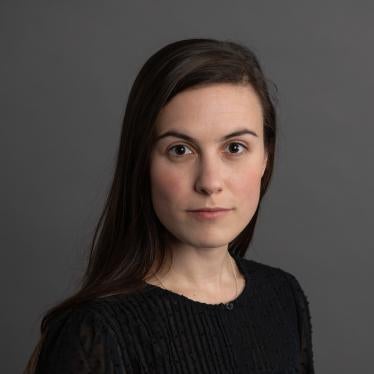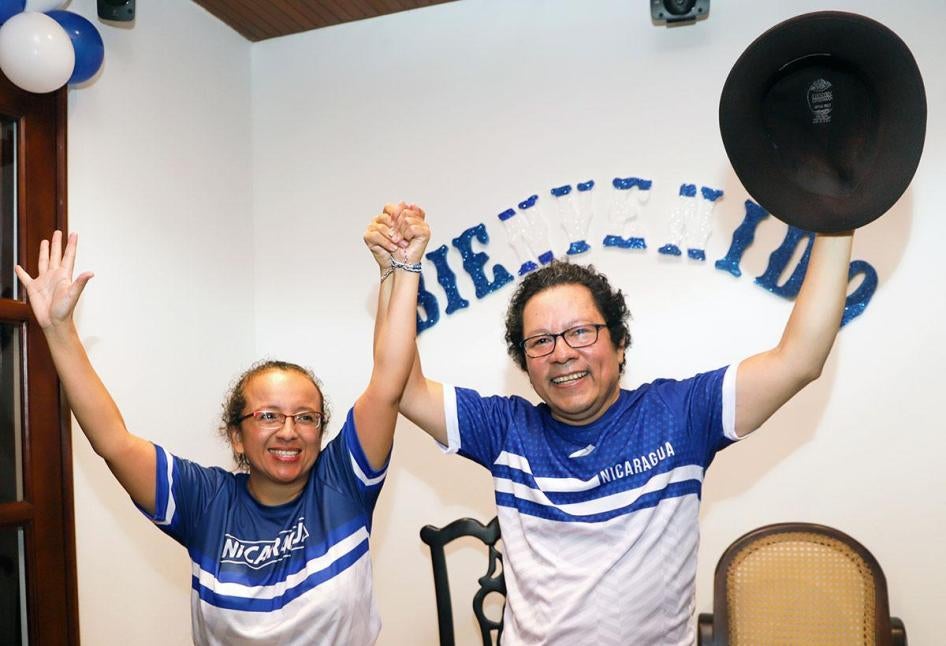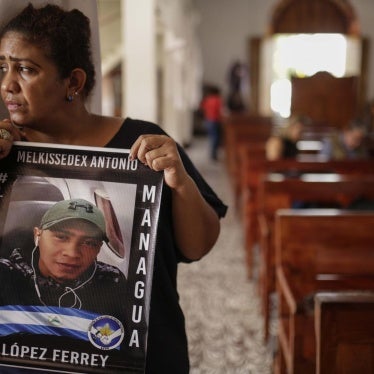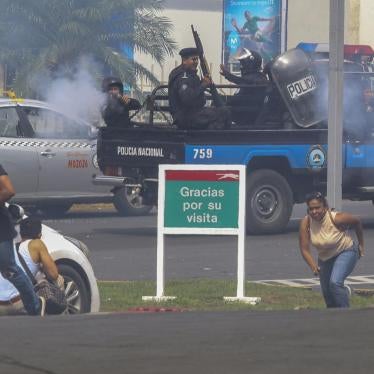“There’s no time for fear when there’s information to get out,” Lucía Pineda told me, reflecting on her six-month imprisonment in Nicaragua and her current life as a journalist in exile. On November 21, she and her co-worker Miguel Mora became the first Nicaraguan journalists to win the Committee to Protect Journalism’s International Press Freedom Award – a tribute to their boundless courage.
On December 21, 2018, in one of the Ortega regime’s most brutal attacks on freedom of expression, National Police raided the offices of 100% Noticias, Nicaragua’s only 24-hour independent news channel covering the repression. They confiscated the station’s equipment, and arrested Pineda, the channel’s news director, Mora, the channel’s owner and founder, and his wife, journalist Verónica Chávez. Moments before the raid, authorities had cut the channel’s broadcast. Chávez was released the next day, but Pineda and Mora were charged with “conspiring to commit terrorist acts” and “inciting hate crimes,” and detained for six months. They were subjected to periods of solitary confinement, beatings in Mora’s case, inhumane living conditions, and other ill-treatment until their release on June 11, under Nicaragua’s amnesty law.
Nearly a year since their arrest, press freedom remains under siege in Nicaragua. The Ortega regime has retained 100% Noticias equipment and kept the channel off the air. Journalists continue to face harassment and death threats from pro-government groups. Some have faced physical attacks and assaults.
Two days after her release, Pineda fled to Costa Rica, joining more than 90 journalists—and more than 88,000 Nicaraguans in all—who have fled Nicaragua since the crackdown began in April 2018.
Pineda continues to run 100% Noticias as a digital platform from her house in San José. She collaborates with other Nicaraguan journalists in a WhatsApp group, including Mora, who has remained in Nicaragua. Their continued partnership helps give visibility to the government’s continued assaults on free expression.
Pineda misses her country dearly and dreams of the day rule of law is restored in Nicaragua. But she vows to keep reporting because, she said, “the people of Nicaragua deserve to be informed.” An independent and active press is a fundamental part of any democracy, and Pineda, along with other Nicaraguan journalists, has continued to exercise this key role despite persecution from the regime. Her strength and perseverance send a message of hope: that she may someday return to continuing her life’s work of reporting in a democratic Nicaragua.










